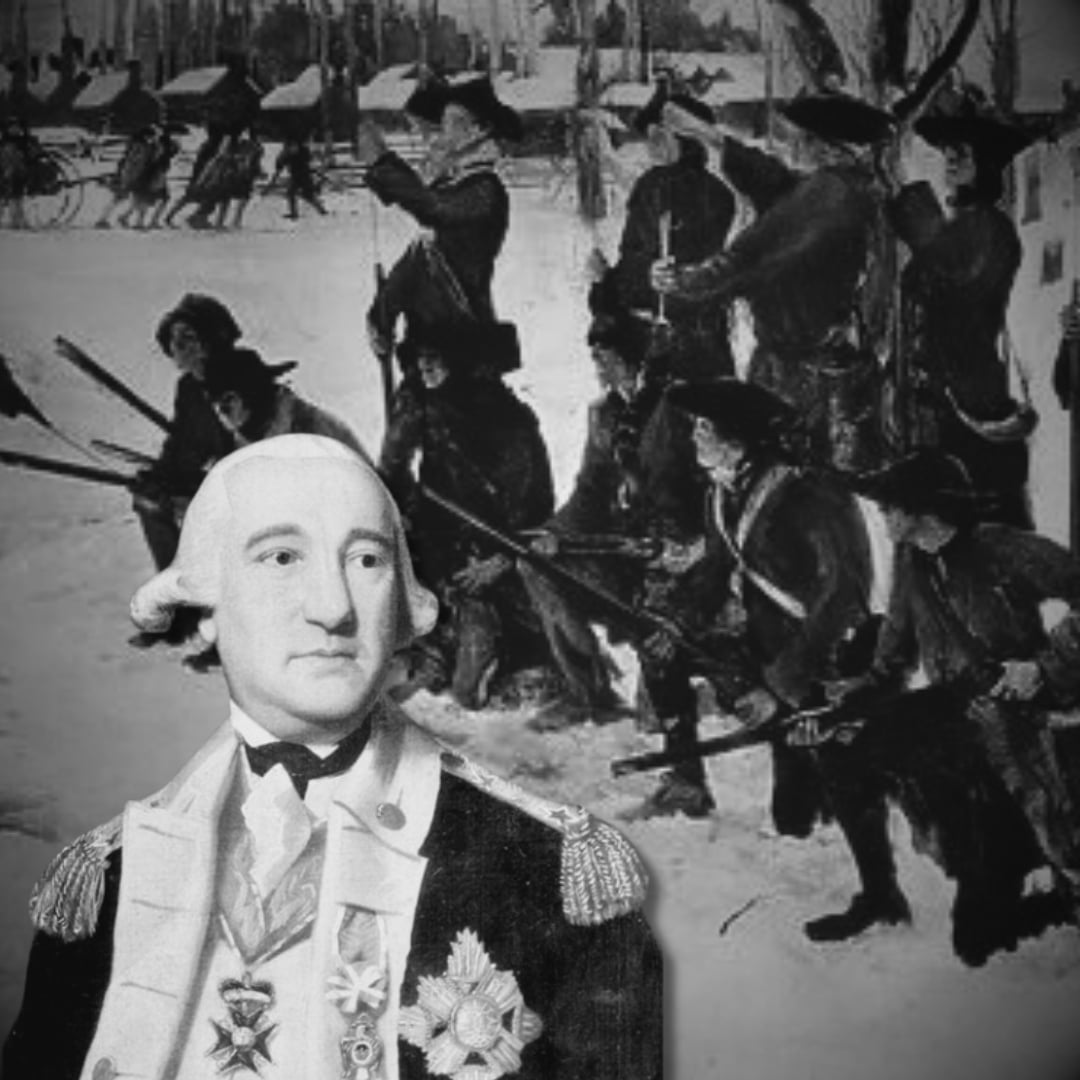
Baron von Steuben and his arrival at Valley Forge in the winter of 1777 marked a turning point for the beleaguered Continental Army, which hitherto suffered from a lack of formal military training and discipline.
Baron Von Steuben, drawing from his vast experience in the Prussian military's rigorous systems, faced the formidable challenge of transforming a ragtag assembly of soldiers into an orderly, effective fighting force. Consequently, the methods he introduced reverberated beyond immediate tactical successes, leaving an indelible mark on the nascent United States Army.
It is essential to understand how Baron von Steuben and his military discipline forged the resilience and capability of the Continental Army. This is a subject that not only enlightens the past but also informs the evolving dynamics of military discipline and training in modern armed forces.
Baron von Steuben, born as Friedrich Wilhelm August Heinrich Ferdinand Steuben into a Prussian military family in 1730, embarked on his military career at the tender age of sixteen, laying the groundwork for his influential role in the American Revolution. Growing up in the fortress town of Magdeburg, he quickly climbed the ranks, attending the elite staff school of King Frederick the Great. His early experiences in the Prussian army, one of the most formidable military forces of the time, provided Baron von Steuben with a solid foundation in the art of war.
Furthermore, during the Seven Years War, Baron von Steuben served with distinction, earning the rank of lieutenant. However, in 1763, he faced dismissal from the army, an event that led him to spend the following 11 years as a court chamberlain in Hohenzollern-Hechingen. Subsequently, in recognition of his service, he received the title of Freiherr, or Baron, in 1769. Despite his noble status, false accusations tarnished Baron von Steuben's reputation in Germany, prompting him to start a new chapter in his life.
In September 1777, after France's minister of war introduced him, Baron von Steuben set sail from France to offer his expertise to the Continental Army, with American diplomats Benjamin Franklin and Silas Deane vouching for his military acumen. This set the stage for his role as inspector general and trusted advisor to General Washington.
Upon his arrival in America, Baron von Steuben immediately set to work applying his extensive military knowledge to the training of the Continental Army, a force in dire need of discipline and advanced military tactics. Recognizing the ragtag nature of the troops, Baron von Steuben began his task at Valley Forge during the winter of 1777-1778, a critical moment for the American Revolution.
With the support of General George Washington, Baron von Steuben focused on instilling military discipline, a trait he had honed during his service with the Prussian army. He introduced a rigorous drill system that emphasized precision and cohesion, transforming individual soldiers into a unified fighting force. He systematically and strictly applied his methods, tailoring his approach to accommodate the diverse backgrounds of the Continental Army's soldiers, who lacked the professional military experience of their European counterparts.
The cornerstone of his training program was the 'Blue Book,' formally titled 'Regulations for the Order and Discipline of the Troops of the United States.' This manual provided a standardized set of drills and procedures that greatly enhanced the effectiveness of the Continental Army. Therefore, through Steuben's relentless efforts, the American soldiers emerged from Valley Forge as a more formidable force, capable of engaging the British on equal footing.
Shaping the very foundation of the United States military, Baron von Steuben's revolutionary training methods left an indelible mark on the Continental Army, proving critical to its ultimate success in the American Revolution.
His 'Regulations for the Order and Discipline of the Troops of the United States,' commonly known as the Blue Book, served as the authoritative training manual for the U.S. Army. This system of progressive training crafted by von Steuben at Valley Forge under the watch of General Washington established a uniform standard of military discipline that was previously lacking.
The Continental Army's transformation from a disparate band of militias into a cohesive, professional fighting force measures Von Steuben's contributions. His emphasis on drills, battlefield tactics, and the welfare of soldiers instilled a level of professionalism and competence that allowed the American troops to stand toe-to-toe with British forces.
The Baron's enduring impact is also evidenced by the longevity of his methods, which served as the foundation of U.S. military drills and tactics until 1814. The legacy of von Steuben's military discipline is a testament to his pivotal role in shaping the army that secured the independence of the United States.
Yes, Baron von Steuben had a dog, which served not only as his personal companion but also as a morale booster, integrating into camp life and symbolizing the role of historical animals among military mascots.
Baron von Steuben, a revolutionary drillmaster and military innovator, was 64 when he died. His discipline implementation and training methods profoundly shaped the Continental Army's regimental system with lasting Prussian influence.
Friedrich von Steuben volunteered his service, foregoing a traditional salary. His financial motivation wasn't monetary rewards; instead, he received a land grant, reflecting the continental funds' limitations and his commitment to soldier training.
The Americans caught the British off guard at the Battle of Trenton by capitalizing on strategic timing, a surprise night march, and a winter crossing of the Delaware River, taking advantage of weather and intelligence failures.
Baron von Steuben's legacy in shaping the Continental Army is undeniable.
His rigorous training programs and enforcement of military discipline were pivotal in transforming a beleaguered group of rebels into an organized and effective fighting force.
The continued use of Steuben's training manual and the recognition of his vital contributions to the American Revolution reflect the enduring impact of his methods.
His discipline and leadership exemplify the transformational power of skilled mentorship in military history.